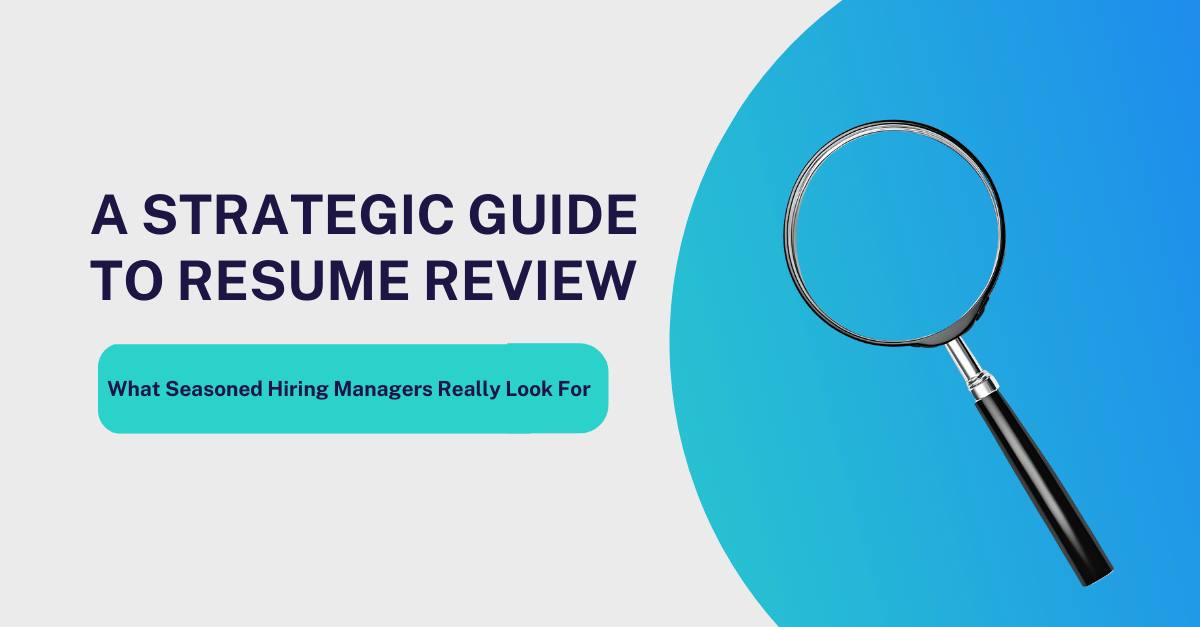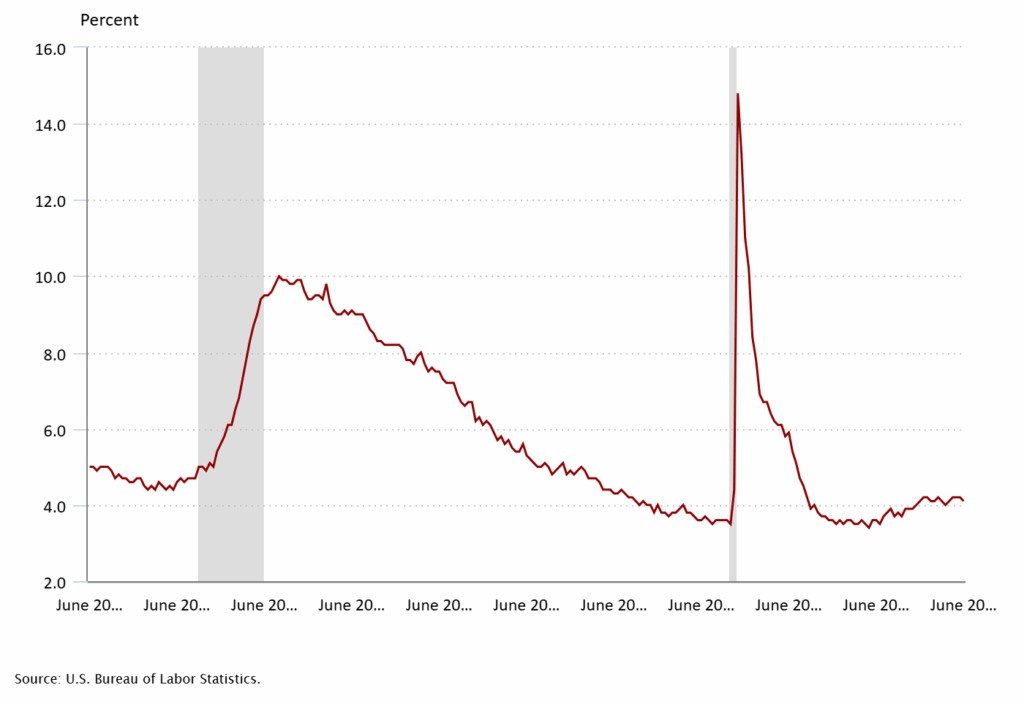Bringing an HR specialist on to your team can dramatically improve efficiency, reduce friction and free up leaders to focus on strategic growth. But hiring without a clear plan can also create confusion and frustration. The key is to approach HR hiring intentionally, understanding what your organization truly needs and how that role will contribute to your people strategy.
Step 1: Assess Your Current HR Challenges
Before hiring, take a close look at where your team is struggling:
- Are recruiting processes taking longer than they should?
- Are managers spending too much time answering benefits or policy questions?
- Is onboarding inconsistent or incomplete?
- Are compliance tasks causing stress or errors?
Identifying these pain points will help you determine which HR expertise will have the most immediate impact.
Step 2: Decide Which Type of HR Specialist You Need
HR is not a one-size-fits-all function. Different specialists address different challenges:
- Recruiting-focused HR specialists handle job postings, candidate communications, interview scheduling and offer management.
- Benefits-focused HR specialists manage enrollments, answer employee questions and coordinate with vendors to streamline benefits administration.
- Employee experience or engagement specialists focus on onboarding, training, retention programs and initiatives that strengthen company culture.
Choosing the right type of specialist ensures your hire solves real problems, rather than just filling a role.
Step 3: Write a Clear Job Description
A well-written job description is critical for attracting qualified candidates. Go beyond listing tasks, define results and expectations:
- What specific challenges will the employee address in the first 90 to 180 days?
- How will success be measured?
- Which systems, policies or programs will the specialist manage?
Include interpersonal expectations, as well. Strong communication skills, empathy, professionalism and good judgment are just as important as technical knowledge.
Step 4: Consider Flexible Hiring Options
Not every HR need requires a full-time hire immediately. Flexible approaches such as contract, temporary, or contract-to-hire arrangements can:
- Provide immediate support for pressing HR tasks.
- Allow your team to evaluate fit and cultural alignment.
- Give your organization flexibility during periods of growth or change.
These models reduce risk while ensuring essential HR functions are handled by qualified professionals.
Step 5: Hire for Ability and Growth Potential
Waiting for a candidate who meets every requirement can slow your progress and cause you to lose strong talent. Instead, look for someone with:
- A strong foundation in HR practices
- Good judgment and problem-solving skills
- The ability to adapt and learn quickly
Once you identify the right person, act quickly. Top HR talent is in demand, and delays can cost you the best candidates.
Step 6: Treat HR as a Strategic Investment
HR is more than an administrative function, it’s a strategic asset. The right HR specialist improves consistency, reduces errors, enhances employee experience and allows leaders to focus on driving growth. When aligned with your organization’s goals, HR adds momentum and clarity across all people-related processes.
Next Steps: If your team needs guidance on identifying the right HR role or hiring approach for your organization, our team can help you find skilled human resources professionals to keep your business running smoothly.
















